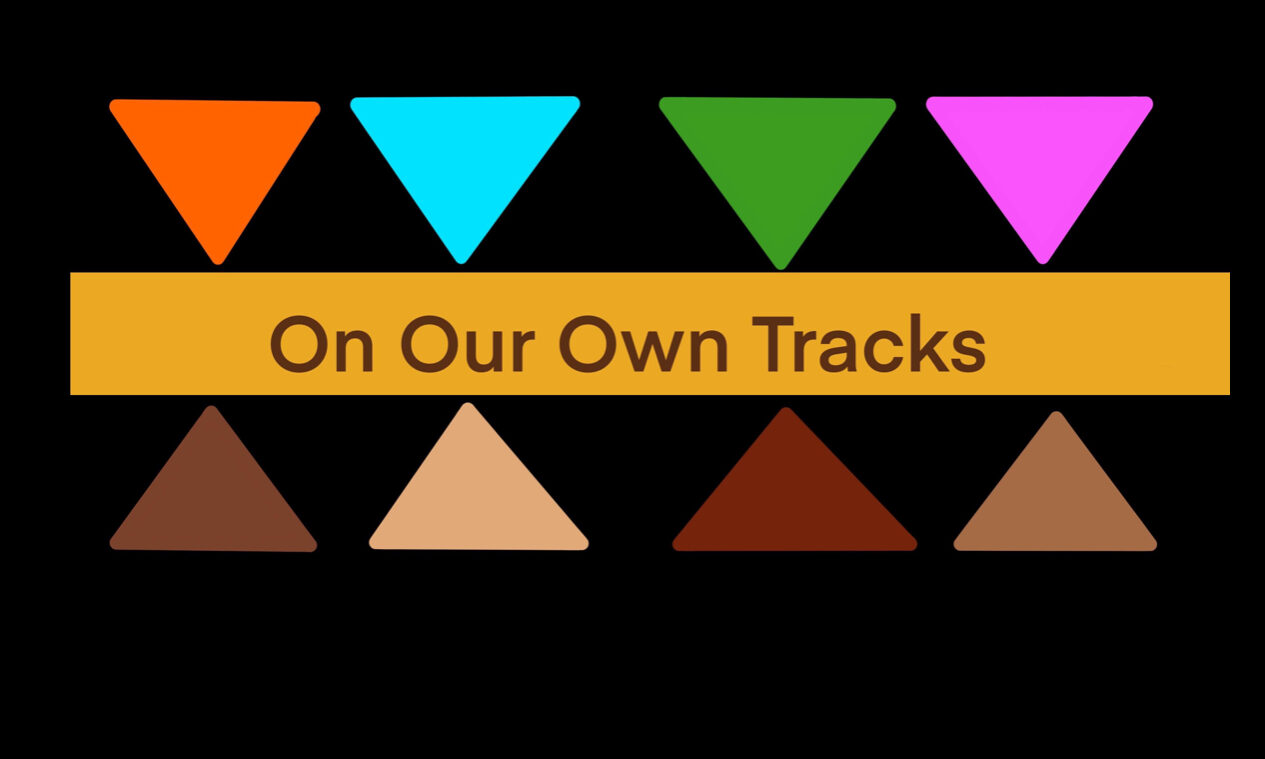Christine’s Belly Dancing Journey… And the raw importance of inclusion to someone who has a condition such as an Autism Spectrum Disorder!

Inclusion … what does this word actually mean? If you’ve had anything to do with disability throughout the last few decades you will know that this simple word is extremely important to most of us on a daily basis … but how does inclusion operate in our daily life and how much does it impact an individual, a community and even our whole society?
A few weeks ago I had the absolute pleasure of meeting one incredible lady called Christine, who I was immediately drawn to. I connected with her over her general love of, and heavy involvement in, the Belly Dancing Industry. She has a Facebook page called ‘Christine Allan-bellydance wonder’ and now has just been accepted to do professional performances in Belly Dancing. Christine has been told numerous times since she started Belly Dancing that the quality of her performances are way beyond most people’s abilities. This praise of Christine’s abilities usually turns into amazement after Christine informs her audience that she actually has an Autism Spectrum Disorder.

According to the BetterHealth website, Autism Spectrum Disorder is defined as a condition which impairs someone’s ability to comfortably function in a social setting, meaning that it can impair someone’s ability to participate within a mainstream learning environment. This is partly why Christine is so powerful, because she has found ways to break through the barriers of her condition and focus solely on her passion, which she is excelling at.
As Christine has explained, her passion for Belly Dancing originally started at the age of 15 when she found a DVD of a professional Belly Dancer and fell in love with the amazing costumes along with the structure of the dancing. It was from here that Christine’s passion started to evolve into what it is today.
As you would imagine, Christine has experienced some hard times while trying to find her feet within the industry. These issues have mainly been due to a lack of t understanding regarding her specific needs. However, she has stated she has now found her niche, flourishing within the Belly Dancing community, with the help of an amazing dance school ‘DanceXS’, as well as a strong support network behind her. One of the ways that this support network has assisted Christine is by tailoring her learning in the wats she has stathat best suits her needs. It’s because of this support that Christine encourages others to develop their own support network as much as possible so that they can pursue their passions. Equally, Christine advises if you are a dance teacher or a teacher of any recreational activity, and have a student with a disability, please just ask them about what they need support with in your classroom environment instead of making presumptions about the student’s abilities.
Through stories such as Christine’s it’s clear that the culture of inclusion can work wonders for an individual, the community and our society as a whole. So why not join in and make yourself part of this ever changing and inclusive world and explore what other amazing story you can be apart of?

